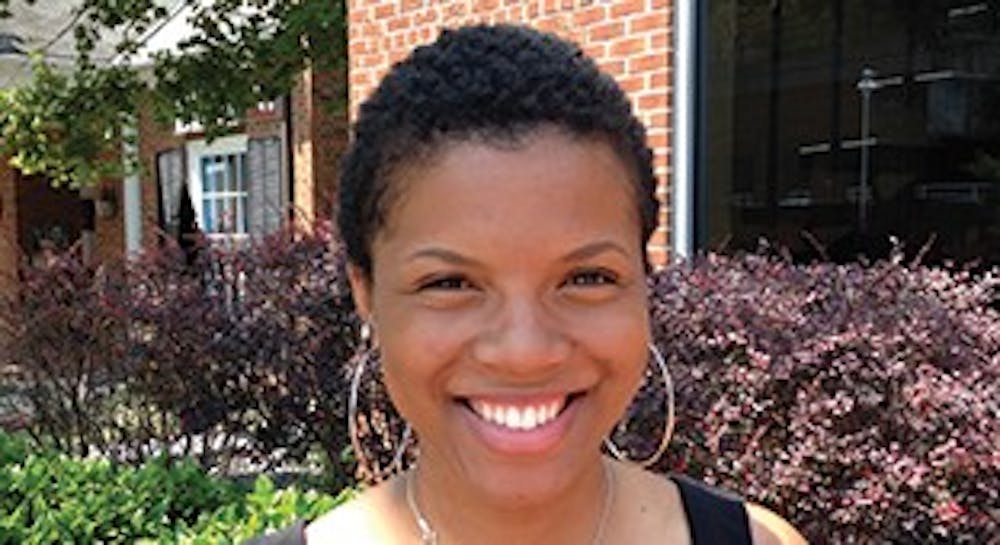Rebel Wilson, known to many as “Fat Amy” from the popular film “Pitch Perfect,” took the stage during MTV’s Video Music Awards Sunday night to announce the winner of the Best Hip Hop video.
Wilson chose to introduce the award with a skit that alluded to police brutality. In case you missed it, here’s a highlight:
“A lot of people have problems with the police, but I really hate police strippers. They come to your house. You think you’re getting arrested and you just get a lap dance that is usually uninspired,” she said.
She thought it was acceptable to make that joke because of her status as a well-known comedian. If she didn’t believe it, she wouldn’t have done it.
Wilson delegitimized the grievances of not just the African-American community, but also any person who has been affected by police brutality.
Wilson’s jabs were aired on national television, but these situations occur on a daily basis. In most cases, they occur when the perpetrator is not a member of the community they are addressing or referring to.
In fact, it happened on our campus earlier this week.
On Monday, The Daily Tar Heel published Jaslina Paintal’s column titled “Apathy kills Black women.” In it, she discusses the invisibility of women of color on campus.
Charles Garrison Duckett, Secretary of UNC’s Board of Trustees, responded to Paintal’s column via email.




